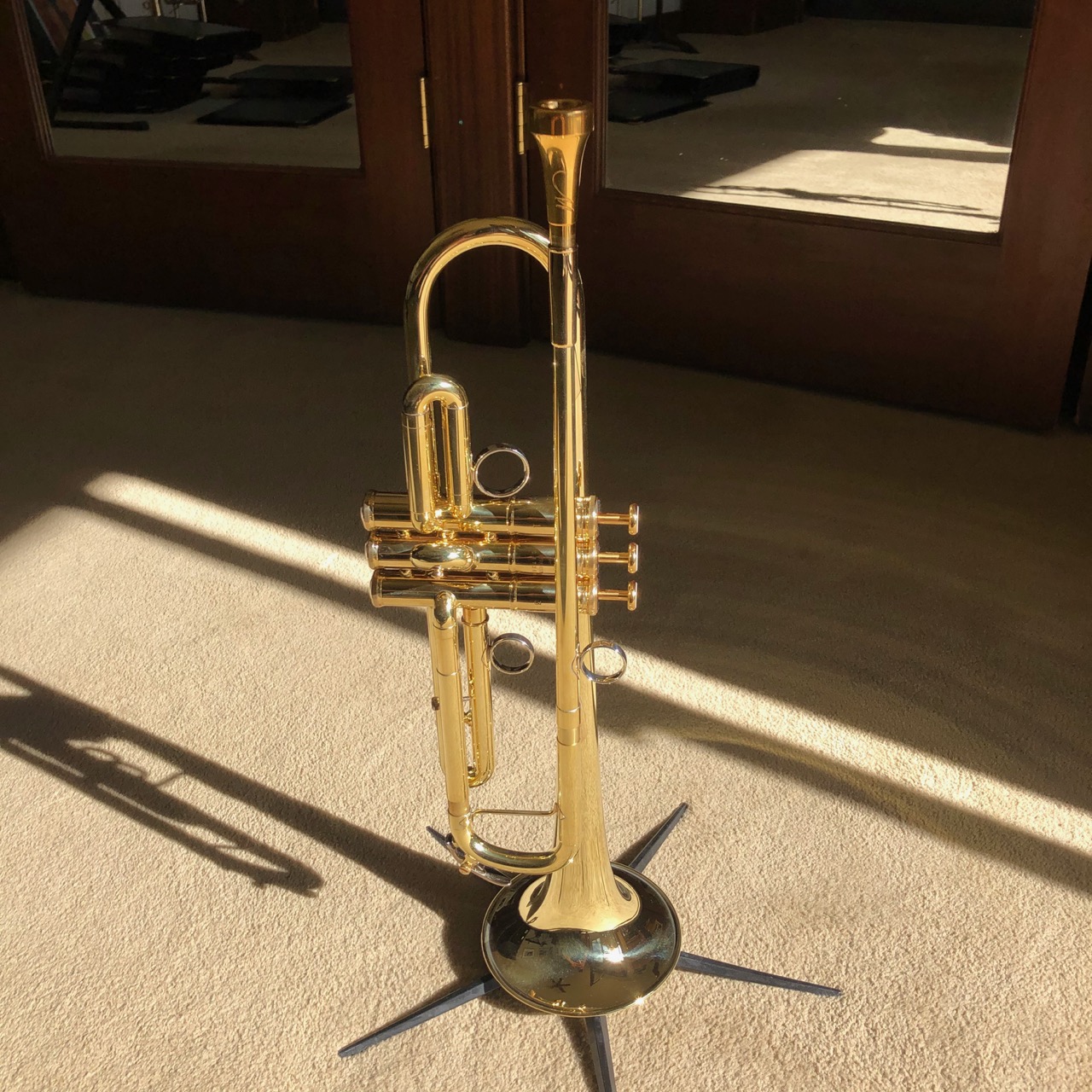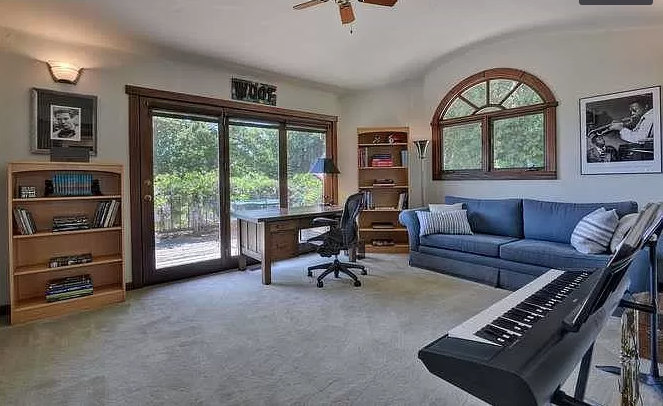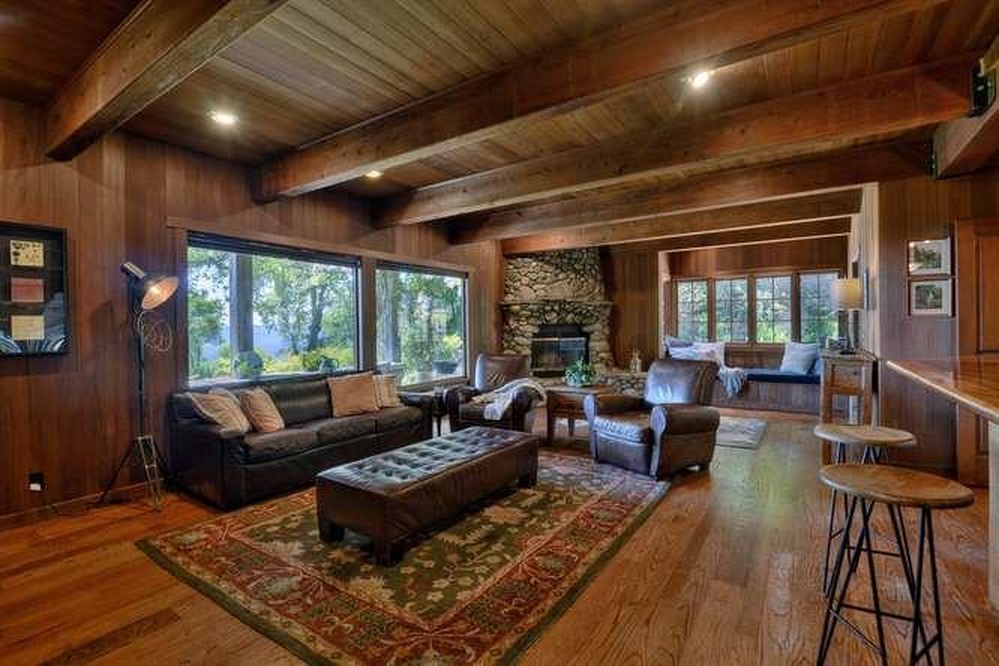I struggled for a few minutes trying to decide where to post this topic. There were not obvious places in “Pedagogy” and “Instruments” didn’t really seem proper either. I ended up here because my belief is that the jazz idiom (the one in which I play) seems the most open to individual expression through timbre.
The question, or at least the discussion is, “what is the sound that you aim to produce when you play your horn, and how did you decide that’s how you wanted to sound?” “And then, how do you achieve that sound?”
It’s easy to go down a philosophical rathole here, because not only are there myriad components that determine our sound, some of which are beyond our control (our physical attributes such as body type, dentition, etc.) but also influences and equipment. If you grew up listening to Ray Nance play in the Ellington band you might like his sound. If you grew up listening to Miles in the early days, another kind of sound quality might have melted your butter. And of course in the modern era, recording techniques have sometimes artificially effected the sound coming out of the bell of a horn that can be tricky to record accurately.
My belief is that few of us possess the innate ability to produce a “natural sound.” I believe the trumpet is a complex and physically challenging enough instrument, that only the truly exceptional may be able to create a sound that is consistent with what listeners want to listen to, and that is entirely independent of outside direction. If you practice Irons, Abrams, or Clarke’s, or any of the other myriad fundamentals books in print, you will, inevitably, develop a tone that comes from playing those exercises.
My view is that we hear a trumpet player whose sound moves us, and then we hear others whose sounds don’t. Since listening, not just to others in the ensemble, but to ourselves as well, is so important as a musician (especially a brass player), we begin to attempt to make the sound that comes out of the horn mimic what we hear when we listen to Wayne, or Chris, or Maynard, or Miles. Fine, so I’m joking about Miles, no one could sound like him.
Please weigh in on those thoughts, and then if you so desire, share what the sound quality you aim for, and how you get it. It’s a given that regardless of the many different qualities a trumpet can make, all require a certain approach. Moving lots of warm air with a taut embouchure, relaxed body, and effective breathing are imperatives. Past that, how do you get the sound you want?
Personally, the first trumpet players I really listened to were those in Kenton’s early bands, and as a soloist, Herb Alpert. Despite being impressed with young Maynard’s theatrics, as a soloist, there was something about Herb’s soft, understated, almost always round (El Solo Toro is one exception) tone that I dug, even at age 7. Later, when I heard Miles for the first time, I felt like I’d rediscovered that sound.
And so the sound that just slays me when I hear it, the one that feels like my voice, is that warm, round, soft, compact, never edgy, tone that touches you in a way you can’t describe. The attacks are analogous to a soft mallet on a vibraphone, rather than a stick on a tom. Dominick Farinacci has it. So did Lee Morgan, Kenny Dorham, Miles in his early days and on many of his ballads, and Chris Botti.
Personally I find it easier to produce a sound that is not what I want than it is to do the opposite. Playing with the kind of “touch” I describe requires a restrained intensity in order to produce. Lots of air support but less volume, attention to every attack, and the tonal quality once its being made. Relaxed body and open jaw, but firm embouchure and a constant evaluation of the sound.
Since my Miyashiro has been at Yamaha for repair I’ve been playing my Committee exclusively. Where I used to use it only for solo work, it’s become my daily ax for the past 3 months. The Yamaha just worked better in the big band as far as ensemble sound, and is a more efficient horn. But that doesn’t make it necessarily better. The last time I blew notes through a Miyashiro (not mine) it felt foreign to me. What used to be a bat with a couple donuts on it, is now my “normal.” That horn, with a Monette B6 S1 mouthpiece in the lead pipe helps me make notes that I consider “pretty” and which help get me to my desired quality of sound. When I play other horns, it’s nearly impossible. Of course, there is nothing that sounds like a large bore Committee, but some come closer than others.
Please share your thoughts on these ideas, and respond if you so desire with the qualities that inspire you.
-tj in the Cruz Mtns

 .
.


